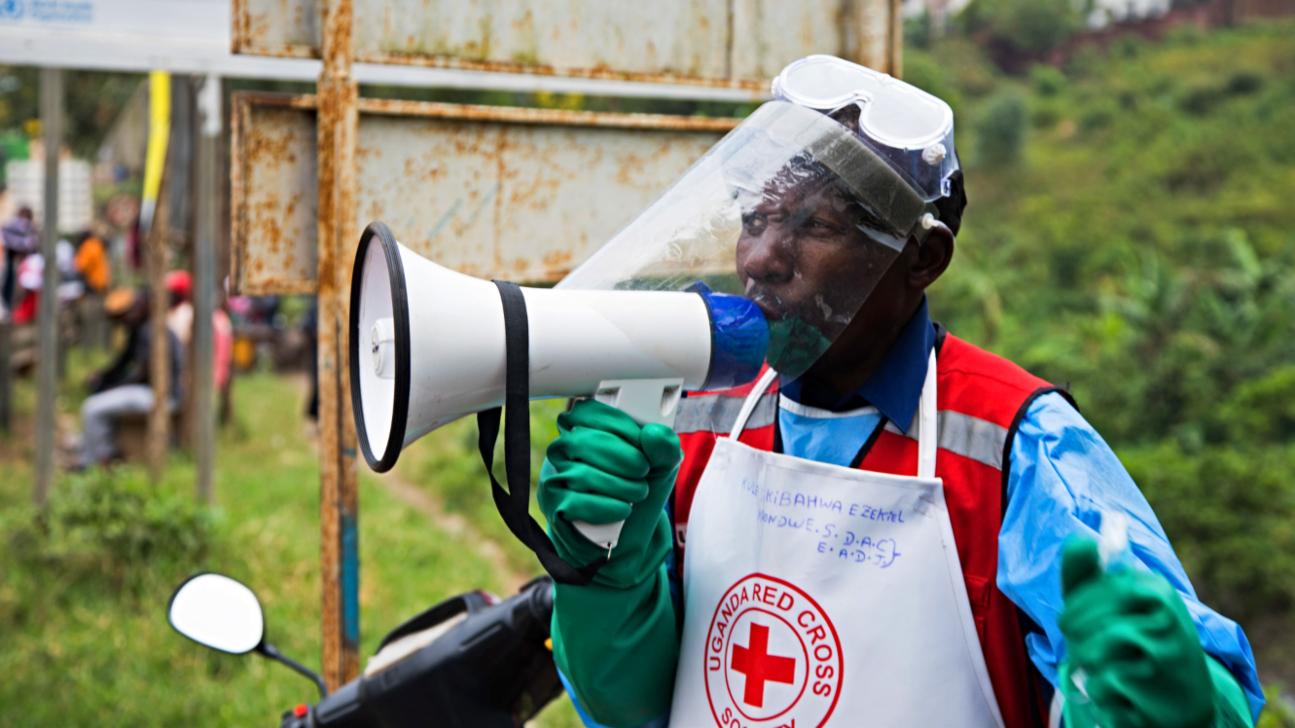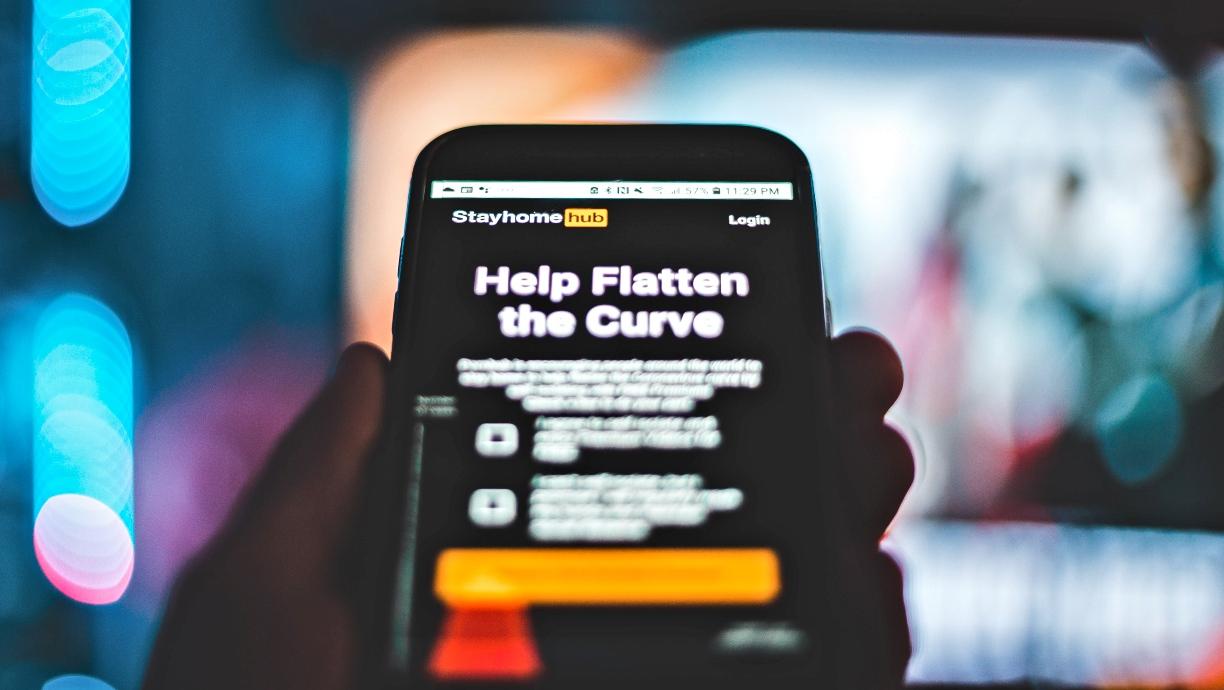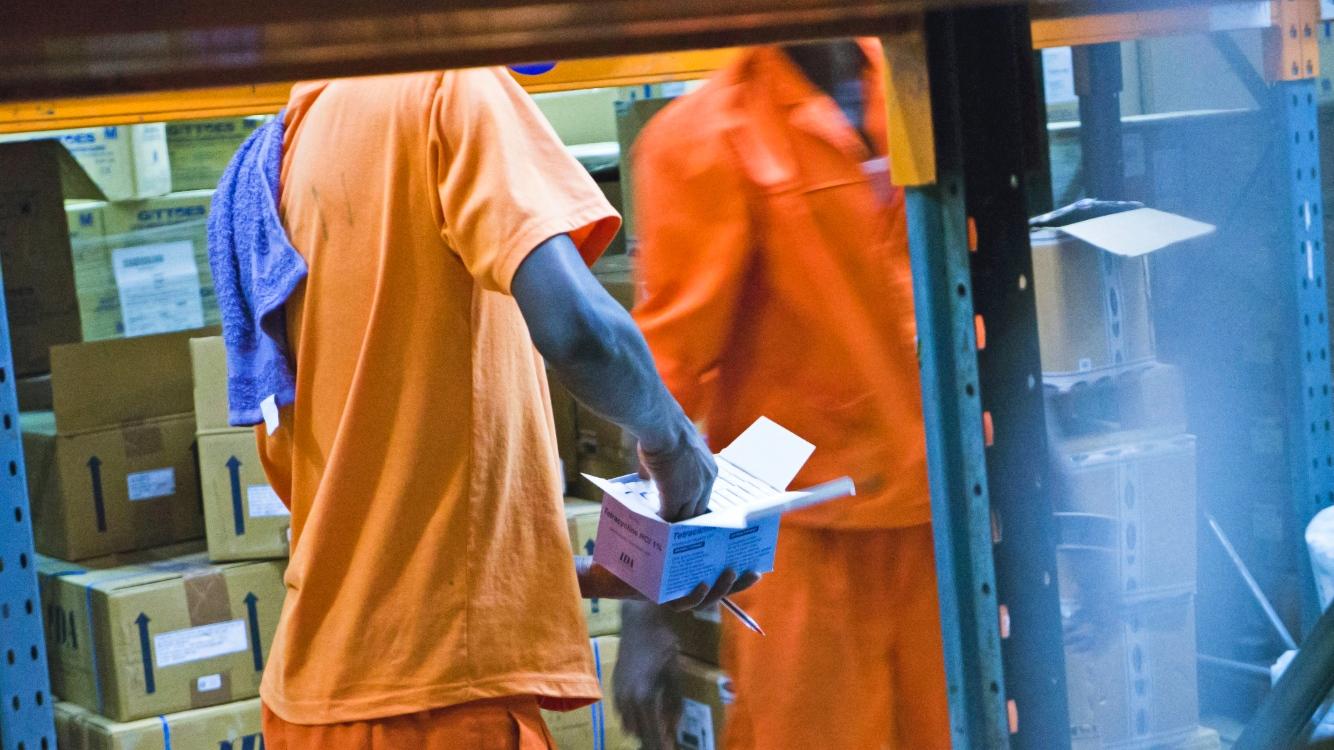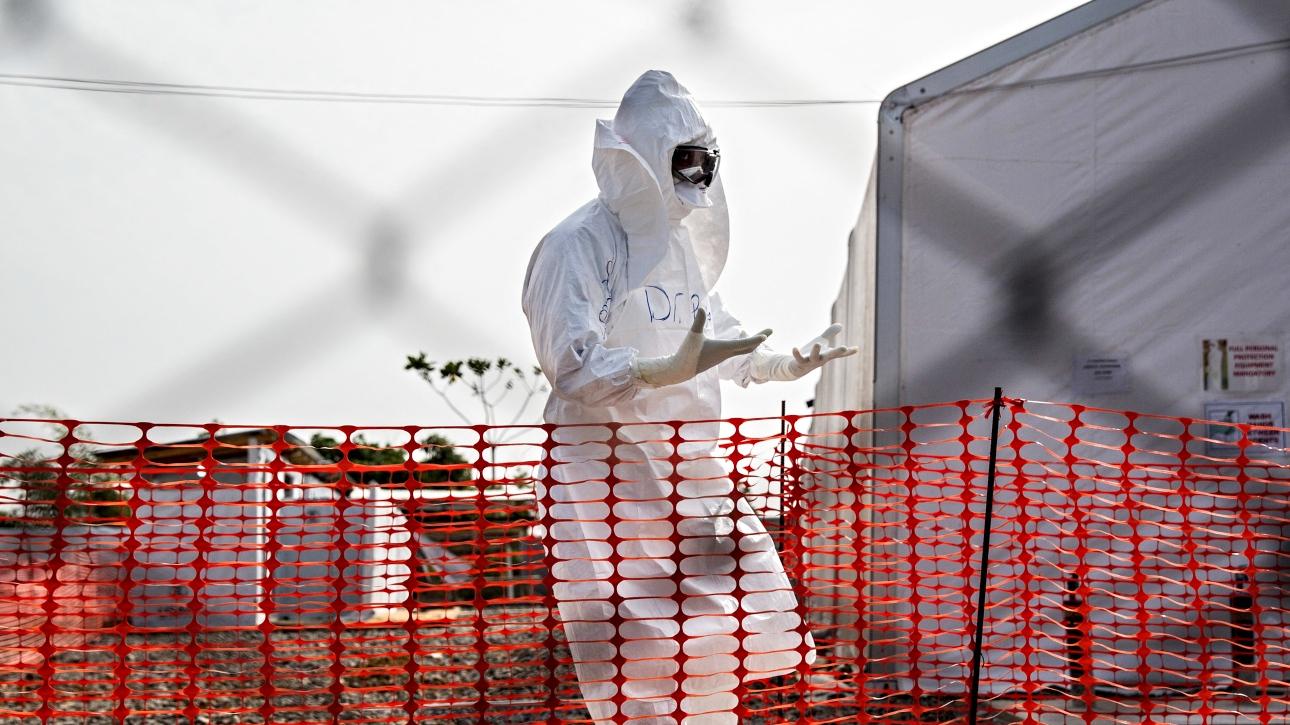As a surveillance officer in Northern Sierra Leone, Abass Kamara reflects on the experience of mounting a rapid response to the COVID-19 pandemic from the frontline. In his conversation with Luisa Enria, he emphasises personal apprehensions, the social and political implications of the pandemic on his border District and the deep-rooted challenge of gaining citizens’ trust.
Follow the series COVID-19 pandemic stories from the DRC and Sierra Leone.
In March 2020, parts of the world entered strict lockdowns and tragic images circulated of a pandemic that engulfed countries such as Italy and the United Kingdom. Abass, who works as an epidemiological surveillance officer at the Kambia District Health Management Team (DHMT) in Northern Sierra Leone, watched the news with apprehension. He and his colleagues knew what it meant to face an epidemic; they had been on the frontline of responding to the outbreak of Ebola between 2014-16. Abass had trained as a surveillance officer during the epidemic, joining the ranks of young people who travelled across the district to identify and isolate potential cases of the disease. Memories of the past heightened concerns about what the future might hold and Abass wondered what the pandemic might look like if it arrived in Sierra Leone and what they might be able to do to mitigate its effects.
We exchanged messages and phone calls, where Abass expressed his apprehension. ‘We are in a critical condition’, he wrote, when he heard of someone who had fled quarantine in Liberia and reappeared on Sierra Leone’s Eastern border. A District response was rapidly being established in the last weeks of March: infrastructure mechanisms developed in the aftermath of Ebola were activated, strategy plans were written and trainings were held to ensure healthcare workers knew how to identify potential cases. Provisions were made for the establishment of treatment centres and quarantine homes to isolate patients. Then the seemingly inevitable happened: the first case was identified on the 31 March 2020 from a traveller quarantined in Freetown, followed by more cases across the country. Kambia District, right on the border with Guinea, was one of the last to register a case on the 24 May after having had to quarantine 34 people associated with a case identified in Freetown.
What kind of crisis?
Over the following months, cases of COVID-19 rose and fell but did not seem to reach the catastrophic numbers initially predicted. So, what kind of crisis was the pandemic? Daily discussions and interactions in Kambia made clear that we cannot speak of a single crisis. Not only did different people experience the pandemic very differently, but interpretations of the health emergency and its material effects highlighted longer-standing societal crises along a range of other contestations and fault lines.
In his diaries written in the autumn and winter of 2020, Abass wrote lists of concerns he heard from residents across the district as he moved around for his investigations: ‘corona only affects white people; it does not exist in Sierra Leone; corona is not serious because people are being admitted with no symptoms.’ Alongside reflections as to whether the pandemic was really a crisis at all, the most prominent rumours centred on the assumptions that those working on the frontline of the response – public health officials like Abass – were inflating numbers or even inventing the disease entirely to make a profit: ‘health workers want more positive cases so they can make money.’
COVID-19 in these reflections offered a specific grammar to discuss long-standing concerns about how the powerful might profit from the suffering of average citizens, which were already present in the previous epidemic and included accusations about who was ‘eating Ebola money’. These narratives gesture to an historic lack of confidence in the health system and leaders, meaning that stories of selfish interests and intentional harm resonate widely. This was then contrasted with Kambians’ everyday experiences, as the social and economic impacts of COVID-19 regulations were seen as being potentially more severe than those of the virus itself. Trade was negatively affected because of the closure of the border with Guinea and an inter-district lockdown made it impossible for people to travel for work or withdraw money if they banked in another District. Security officers, many complained, were extorting fines at checkpoints installed to ensure people wore masks that many could not afford to buy.
The effects of stigma and mistrust
Abass was concerned about what he called ‘denial’: he worried about how the disease might be spreading undetected but also how fears among the population – that COVID-19 may be a fabrication of the powerful – might affect health in the district more generally. Especially in the early months of the pandemic, his diaries reported regular feedback from his visits to Peripheral Health Units where health workers told him that people were avoiding the centres out of fear of infection. He recorded some increases in the numbers of maternal deaths as women opted to deliver at home, and he feared that new outbreaks, such as recent instances of polio, may be connected to reduced confidence in vaccines and how this might spill over into hesitancy around those for COVID-19. He also noted the discomfort of healthcare workers who, remembering past experiences, told him that if COVID-19 reached their centres or got worse they would withdraw their services.
Abass was also apprehensive about what citizens’ mistrust of health workers and the COVID-19 response more generally would mean for him and his colleagues. The first case investigations proved difficult, as some families refused entry to public health officials. As during the period of Ebola, processes for managing death during an epidemic were at the centre of tensions between public health officials and affected families. For example, one case involved an elderly man who was identified as positive for COVID-19 post-mortem. The family held the burial before the positive test results were returned. Abass was tasked to go with an investigation team to speak to the family and discuss a possible list of contacts to be followed up. ‘I went to the house of the confirmed case … when we greeted, nobody answered … one man told us “Anybody who tells me that my father has Corona, I will kill them for disgracing my father”’, he recalled in his diary.
Abass understood the concern with the social stigma associated with having one’s relative marked as a COVID-19 death. He was reminded of the times during Ebola when stories circulated of people digging up the corpses of loved ones, ‘because they said that the body bags, they were buried in cannot [let] them go to heaven’. He knew the threats he received represented deeper discomfort and anger associated with decisions that felt distant and disproportionate, and of suspicions that have deep roots. Yet he was also aware that he represented those who make decisions, so on his way back from work, he decided to ‘stop passing in that street [where the family of the deceased live] and to use another street, which is very far from [his] house, to protect [his] life.’ In the end the situation with this particular family was resolved, as in most other cases, by the military and the police enforcing quarantine. And so the cycle of mistrust continues.
These reflections from the early stages of the COVID-19 pandemic offered sobering reflections as Abass and his colleagues prepared themselves to confront a new ‘wave’ during early June 2021, when a stark rise in cases led to more symptomatic infections and hospitalisations. In particular, they point to the importance of understanding the pandemic as more than a health crisis, where social experiences of COVID-19 mean contending with its socio-economic effects and the longer, simmering crisis of mistrust.
Photo: A Sierra Leonean medic at work in the doctors office at Connaught Hosptial Freetown. Credit: Simon Davis/DFID. Licensed under CC-BY-2.0.






Sure indeed!
The Write up truly reflect what truly happened.
We the front liners really face a hell of time with the community.
#ThankYou!!! For letting the world know our challenges in responding to out breaks.